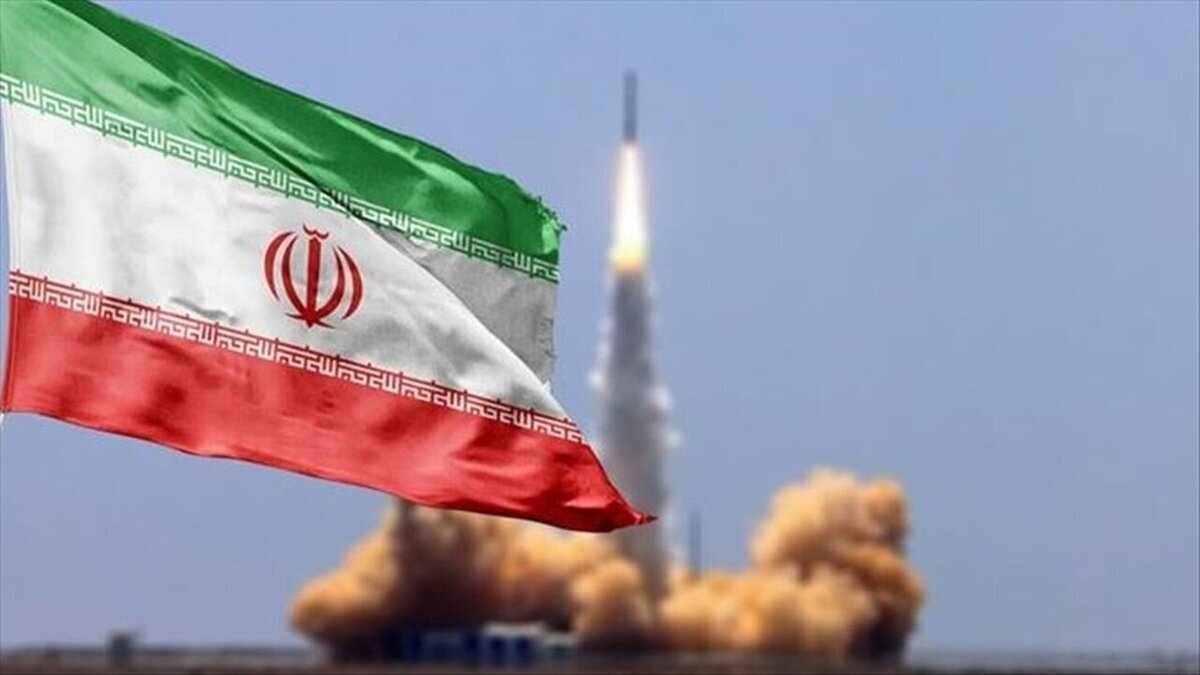Iran at the peak of drone, missile capabilities: Atlantic Council

TEHRAN- The Atlantic Council think tank expressed astonishment at Iran’s drone and missile capabilities, stating that Tehran has compensated for its deficiencies and shortcomings in its aviation industry through the development of such weapons.
The Atlantic Council think tank analyzed Iran’s military response last week, stating that Iran was once weak in the field of military aviation industry but has made significant progress and is now at its peak.
The unprecedented April 13th attack by Iran on Israel was a warning shot. This response demonstrates that despite not having a modern air force, Tehran has the potential to strike Israel and counter its air superiority.
The American think tank emphasized that Iran’s direct aerial attack on Israeli soil was a turning point in the region’s security situation.
While the recent attack did not reveal anything new about Iran’s military capabilities, it showed Iran’s dangerous capabilities in exploiting Israel’s lack of strategic depth.
The report stipulated that Iran’s attack makes Israel reconsider its calculations about Iran. Some foreign policy analysts described Iran’s response to Israel’s attack on the consulate in Damascus as having negative repercussions for Tehran, but the Islamic Republic and its Leader Ayatollah Seyed Ali Khamenei viewed it from a different perspective.
The author of the report repeats claims by Zionist media about Western cooperation with Israel in countering Iran’s missiles and drones, stating that Iran’s attack did not cause significant infrastructure damage. However, the Atlantic Council acknowledges that if three thousand or thirty thousand missiles and drones were launched towards Israel without prior warning, it would be very difficult to counter them.
Meanwhile, it is said that Hezbollah in Lebanon, Iran’s main staunch ally, has a stockpile of 150,000 rockets and missiles.
The report also said that Iran considers itself surrounded by enemies and threats, some of an existential caliber. When backed into what it perceives as a corner, as it was after the United Nations refused to condemn the attack on its Damascus embassy, it almost always favors escalation over compromise, provoking fear and uncertainty over conventional diplomacy.
The American research center considers the air force as Iran’s Achilles’ heel in terms of security since the Iran-Iraq war (1980-1988) and states that after that war, Iran sought to strengthen its air capabilities and invested a significant portion of its resources in developing ballistic missile and combat drone programs.
Due to years of restrictions on its armaments by the United Nations, Iran continuously tried to increase the range and accuracy of its missiles and combat drones, successfully elevating its missile and drone capabilities to this high level.
Leave a Comment